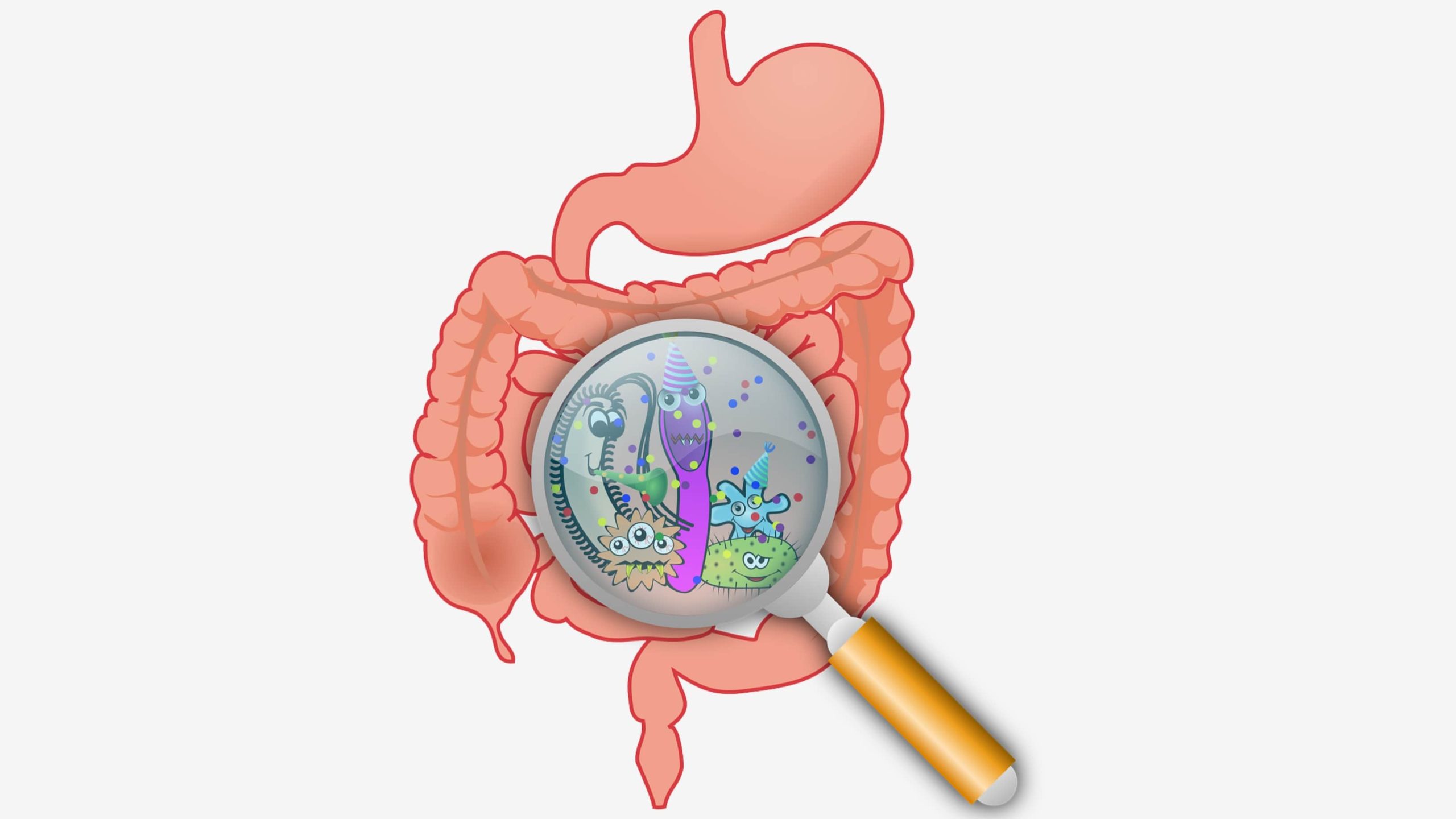The gastrointestinal tract is one of the vital organs of the body. It possesses a battery of hormones and secretions which controls and carry out the processing to get the food in an easily absorbable form. In the digestion of food, the important constituents of gastric juice are pepsin and hydrochloric acid. Digestants are substances that are used to compensate for the deficiency of normal components of gastrointestinal secretion. They include,
(i) Betaine Hydrochloride: It is a digestive preparation containing the equivalent amount of 1.0 ml of dilute hydrochloric acid, 32.4 mg pepsin, and 110 mg of methyl-cellulose. It induces a slow release of hydrochloric acid along with the release of gastric acid that occurs during digestion.
(ii) Pepsin: It is a proteolytic enzyme that is an important constituent of gastric juice. The marketed preparation contains pepsin powder obtained from the oxyntic cells of the fresh stomach of the hog.
(iii) Dehydrocholic Acid and Sodium Dehydrocholate: It is a semisynthetic cholate and is used as a safe and effective oral laxative agent. It decreases the excretion of bilirubin and enhances the secretion of bile of low specific gravity (i.e. hydrocholeretic effect). Its administration may help to increase the absorption of fat and fat-soluble vitamins in conditions of partial biliary obstructive disease. Choline dihydrogen citrate may be effective as a lipotropic agent in patients with hepatic cirrhosis. The adult oral dose is 250-500 mg three times a day preferably after meals.
(iv) Pancreatic Extract: It includes pancreatin and pancrelipase. Pancreatin is a cream-colored, amorphous powder obtained from the fresh pancreas of a hog or ox. It contains amylase, lipase, and trypsin. While pancrelipase is obtained from the porcine pancreas.
These enzymes may be used to treat conditions where pancreatic enzymes are either absent or deficient (e.g. chronic pancreatitis, pancreatectomy, cystic fibrosis, mucoviscidosis, gastrointestinal bypass surgery, ductal obstruction from neoplasm or steatorrhea). In postgastrectomy syndrome, these enzymes cause a reduction in steatorrhea and improve the nutritional state of a patient. Pancreatic extracts should be given with food, milk, or alkali in an attempt to buffer the gastric contents. This is necessary to prevent the inactivation of pancreatic enzymes.
(v) Chenodiol (Chenodeoxycholic Acid): It is the human bile acid mainly present in the form of glycine and taurine conjugates. When bile becomes supersaturated with cholesterol, it induces the formation of cholesterol gallstones. Chenodiol is used to decrease the cholesterol content of bile so that the formation of cholesterol gall-stones is inhibited. It acts by
- Reducing the rate of bile salt synthesis in the liver,
- Inhibiting cholesterol absorption from the intestine,
- Blocking HMG – Co reductase and cholesterol 7α – hydroxylase enzymes which play an important role in cholesterol synthesis.
Chenodiol is used to dissolve cholesterol gall-stones only in those patients in whom gall bladder function is in order and where gall-stones do not exceed 2 cm in diameter. The usual adult dose is 14 – 16 mg /kg /day for 6 – 24 months.
Make sure you also check our other amazing Article on : Gastric Antacids
